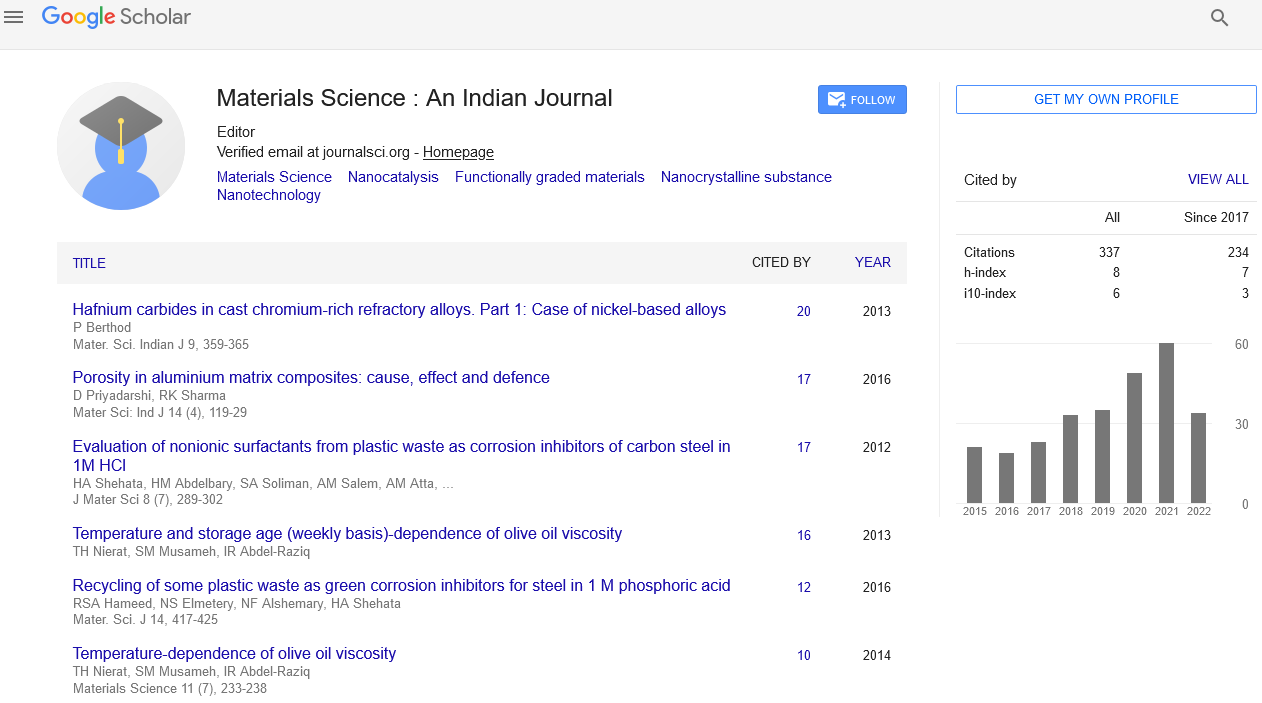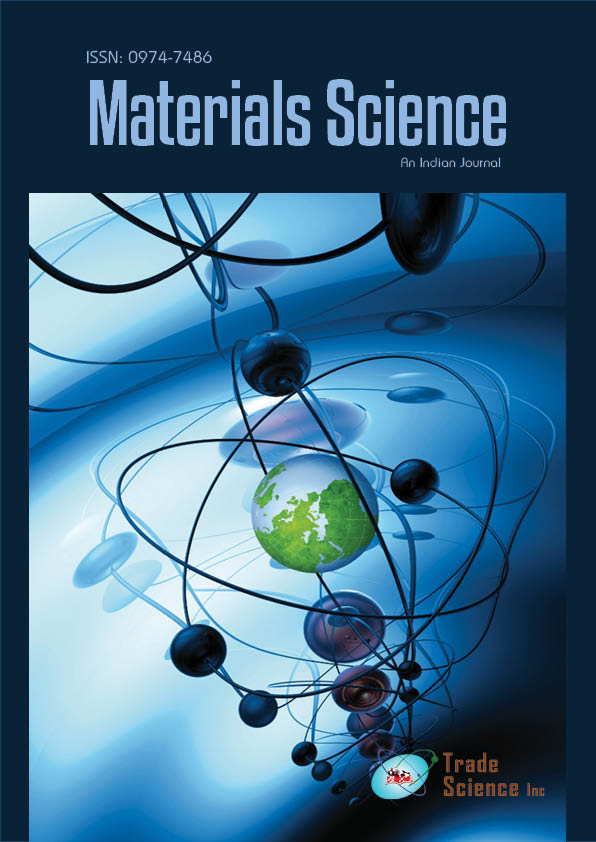Abstract
Stability of magnetized astroclouds with extreme fugacity effects
Author(s): Pralay Kumar KarmakarWe describe the atypical evolutionary dynamics of the Dust-Acoustic Wave (DAW) and Dust-Coulomb Wave (DCW) stabilities in self-gravitating magnetized viscoelastic spherical dusty astroclouds. It is analysed on the astrophysical fluid scales of space and time, which are, indeed, relevant for initializing bounded structure formation via the non-local gravito-electrostatic coupling mechanism. It consists of the inertial dust grains with variable electric charge alongside the non-thermal electrons and ions in a generalized correlative hydrodynamic charter. A restricted spherical wave analysis over the perturbed cloud yields a unique generalized quadratic dispersion relation with plasma-dependent multi parametric coefficients. The triggered fluctuations are free from the viscoelasticity effects in the weakly coupled limit (WCL) against the strongly coupled limit (SCL). The electron population density, dust charge, and magnetic field act as stabilizing and accelerating agencies to the fluctuations. The ion population density and non-thermality parameter show destabilizing and decelerating effects. The cloud size shows a unique stabilizing feature in the ultra-low frequency domain. It is seen that both DAW and DCW are dispersive in the short-wavelength (acoustic) regime; but, non-dispersive in the long-wavelength (gravitational) regime. Also, the new distinctive WCL-SCL scenarios specifically investigated here are explicitly compared, pictorially explained, and illustratively discussed. The semi-analytic findings show correlative consistencies in light of the real astronomic circumstances towards triggering the formation mechanism of astrostructure creation and progressive evolution widely.

